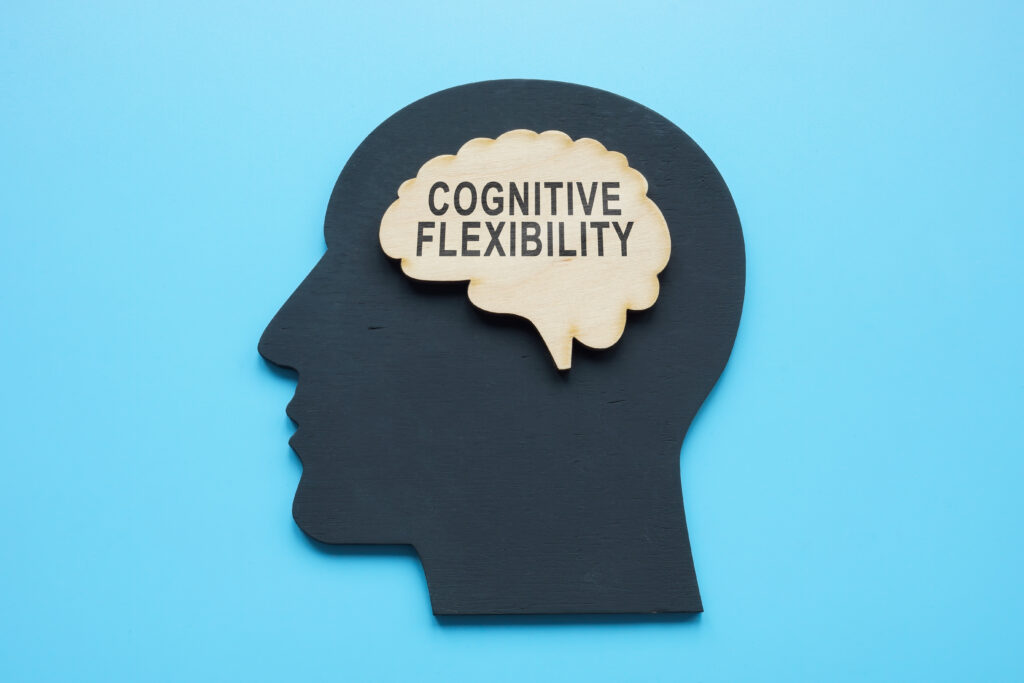Cognitive behavioural therapy (CBT) is a form of psychological treatment that focuses on changing patterns of thinking and behaviour to improve mental health. This therapy has been proven to be effective in treating a wide range of mental health conditions, including anxiety, depression, and post-traumatic stress disorder. However, it is also increasingly being used to help individuals with learning disabilities.
Learning disabilities are a diverse group of neurological disorders that affect an individual’s ability to process information and learn new skills. These disabilities can manifest in difficulties with reading, writing, math, or even social interactions. They can also lead to low self-esteem, anxiety, and depression, as individuals struggle to keep up with their peers and feel frustrated by their learning challenges.
While traditional CBT techniques may not be suitable for individuals with learning disabilities, therapists have adapted this therapy to cater to their unique needs and challenges. This modified version of CBT is called Cognitive Behavioural Therapy for Learning Disabilities (CBT-LD).
CBT-LD focuses on helping individuals identify and change the negative thoughts and behaviours that are hindering their learning progress. The therapist works closely with the individual to understand their specific learning disability and how it impacts their daily life. They also collaborate with the individual’s family members or support network to create a tailored treatment plan.
One of the key components of CBT-LD is psychoeducation, which involves teaching the individual about their learning disability and how it affects their thoughts and behaviour. This helps them gain a better understanding of their condition and reduces feelings of frustration and self-blame. Psychoeducation also helps family members and caregivers better support the individual and understand their needs.
Another essential aspect of CBT-LD is identifying and challenging negative thoughts and beliefs that often accompany learning disabilities. These thoughts can include feelings of inadequacy, fear of failure, and low self-worth. The therapist works with the individual to recognize these thoughts and replace them with more positive and realistic ones. This can help boost self-esteem and confidence and improve the individual’s overall well-being.
In addition to working on thoughts and beliefs, CBT-LD also focuses on developing practical skills to help individuals manage their learning disabilities better. This can include organizational and time-management techniques, coping strategies for dealing with stress and anxiety, and improving communication skills. These skills can not only aid in academic success but also in daily life.
One of the significant advantages of CBT-LD is its focus on empowerment and self-advocacy. Individuals with learning disabilities often face challenges in advocating for themselves and their needs. CBT-LD helps individuals develop assertiveness skills, enabling them to communicate their needs effectively and advocate for accommodations in academic or work settings. This can lead to increased independence and a sense of control over their lives.
Moreover, CBT-LD is a structured therapy with a set number of sessions, making it easier for individuals with learning disabilities to follow through. The therapist also uses visual aids, such as pictures, charts, or diagrams, to help individuals better understand and process information.
While CBT-LD has shown promising results in improving the quality of life for individuals with learning disabilities, it is essential to note that this therapy may not be suitable for everyone. It requires active participation and commitment from the individual, and some may require additional support, such as medication or occupational therapy, to manage their learning disability effectively.
In conclusion, cognitive behavioural therapy for learning disabilities is an evidence-based and personalized approach to treating individuals with learning disabilities. By addressing negative thoughts and behaviours and developing practical skills, it can help individuals gain a better understanding of their condition, improve their academic performance, and ultimately lead to a better quality of life. If you or a loved one has a learning disability, consider reaching out to a therapist trained in CBT-LD for support and guidance.


